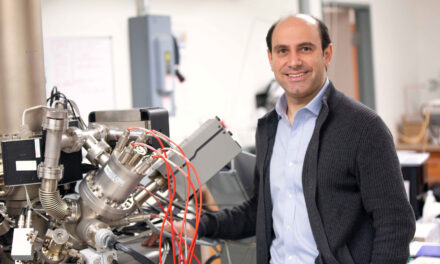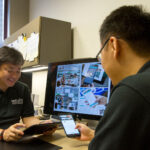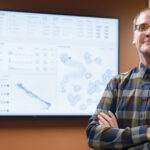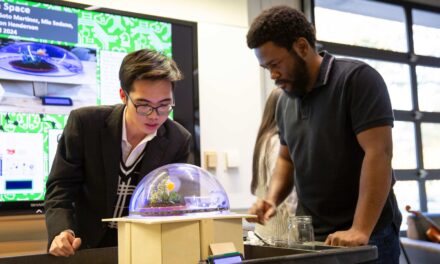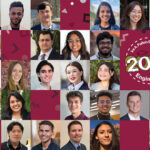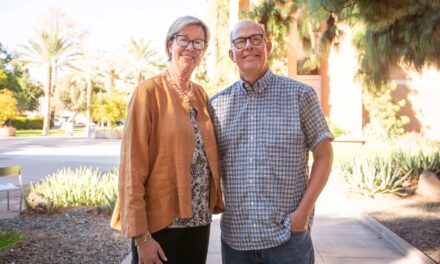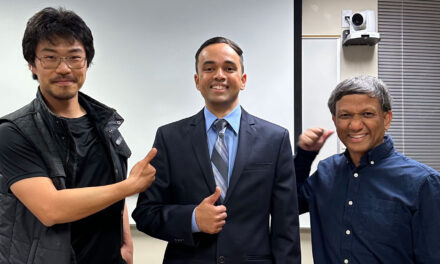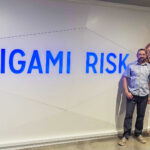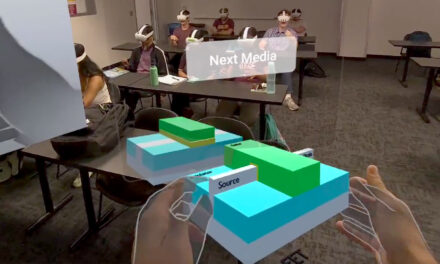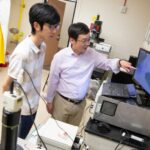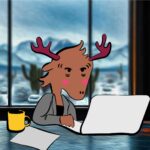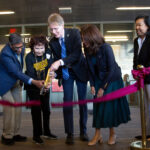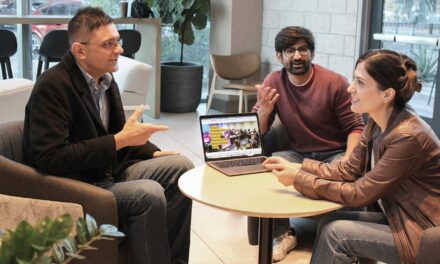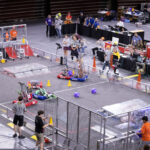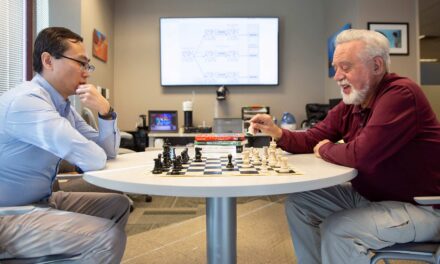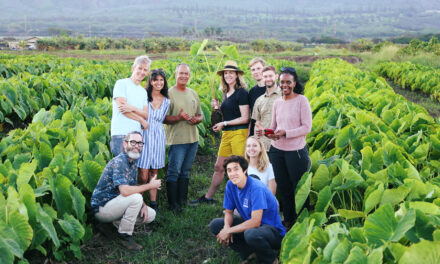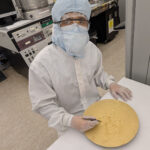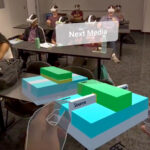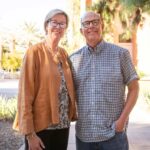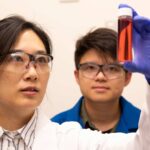
Inspiring equity-focused change in STEM education
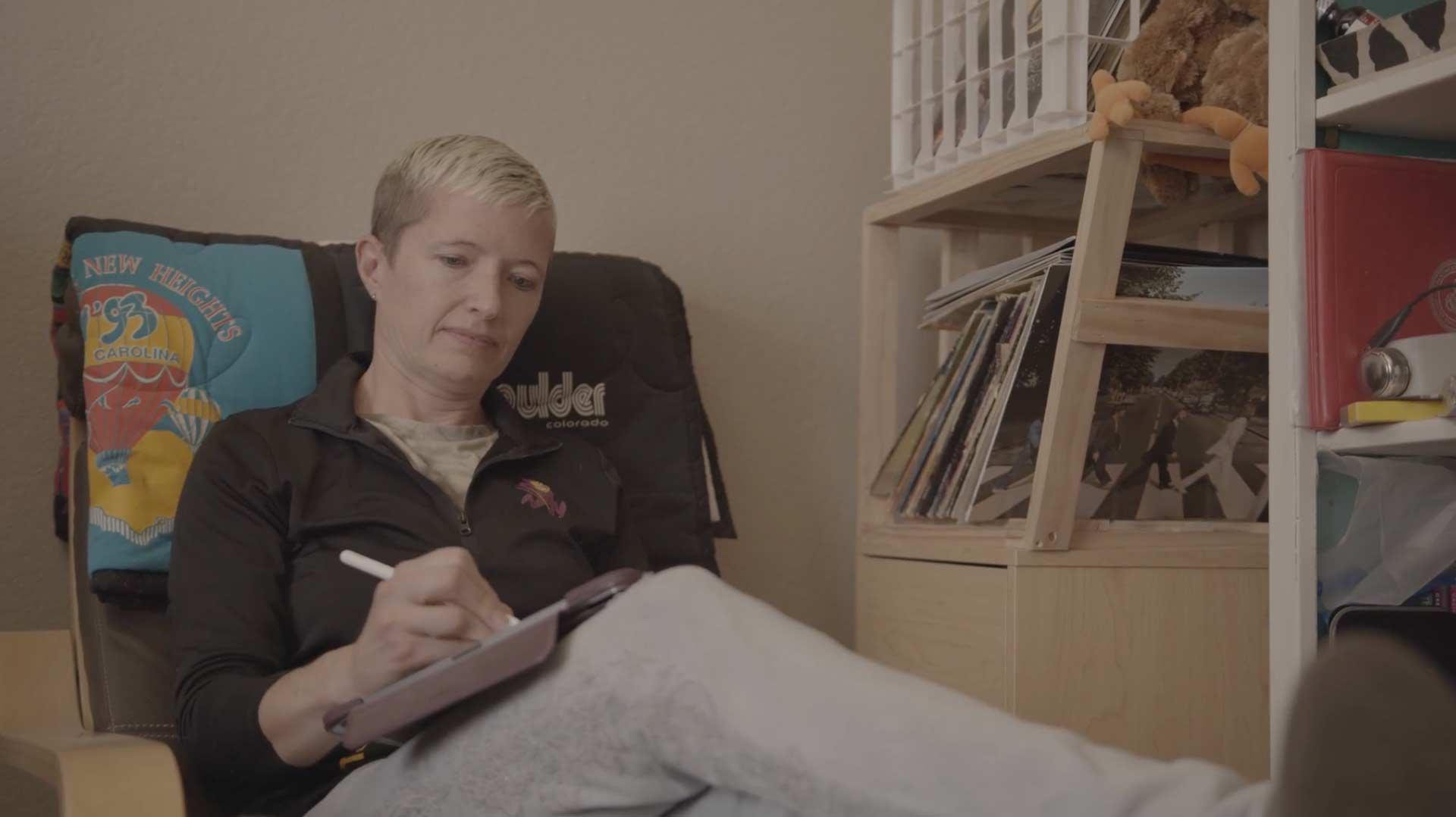
When taking on new challenges, it is often beneficial to be surrounded by a community of peers. This concept is the cornerstone for a new collaborative National Science Foundation project co-led by a team of researchers from Arizona State University and the University of New Mexico.
Nadia Kellam, an associate professor of engineering at The Polytechnic School, part of the Ira A. Fulton Schools of Engineering at ASU, leads the ASU team and hopes her research will influence institutional change related to Diversity, Equity, Inclusion and Justice, or DEIJ, in STEM higher education. Kellam says change work in this area can be discouraging and it’s what led her and her UNM colleagues to take on this project.
“Equity-focused institutional or departmental change efforts are very difficult as they require changes not only at the individual level but at structural and cultural levels,” Kellam says. “We think it is important to create an encouraging community across institutions to help support and inspire faculty engaging in this challenging equity-focused change work.”
In collaboration with UNM leads — Research Assistant Professor Susannah Davis and Associate Professor Vanessa Svihla in the Chemical and Biological Engineering department and Organization, Information, and Learning Sciences program — Kellam will work to create what the team is calling a Community of Transformation, a network of members of institutional change teams from across the country. The network will include faculty members who are committed to increasing and sustaining DEIJ in STEM education.
“Our cross-institutional Community of Transformation will provide space and resources for members to learn from each other’s experiences and become more effective at creating the kind of systemic change necessary to improve the opportunities, experiences and outcomes of people who have been historically marginalized in STEM education,” Davis says.
Kellam’s nearly two decades of experience studying marginalized engineering students and educators have prepared her to lead this project. Her perspectives and advances in the field have earned her various awards, accolades and countless published papers throughout the years.
She is one of nine faculty members in the engineering education systems and design doctoral program at ASU, a program she helped design before its launch in 2016. Housed at The Polytechnic School, the program is one of only about 20 programs like it in the country focused on researching and implementing initiatives that make engineering education more effective, inclusive and accessible.
The impact of storytelling
Can the art of storytelling help improve the experience of historically minoritized students and educators in higher education?
Kellam believes it can and will leverage this NSF project to explore the effectiveness of arts-based approaches and storytelling to make the efforts of new and existing change teams more impactful.
“I’ve done narrative research for a long time,” Kellam says. “And I’ve learned that stories are the way that we learn from each other because stories help us share experiences.”
Results from her previous research have led her to ask, “What could the future look like?”
“Arts-based approaches seem to help get people to think differently, so by crafting stories through graphic novels, poetry or artwork, we can imagine, inspire and visualize a future that’s different from what we have now,” Kellam says. “We can equip and encourage institutional change teams to realize bigger changes than the normal incremental changes that we tend to see.”
Kellam says that one way to do this is by learning from the ways of knowing, ways of storytelling and ways of understanding scholars from diverse backgrounds.
“We will hire Indigenous, Black and Queer scholars to join us for in-person retreats so that the community can learn storytelling and arts-based approaches from and with these scholars,” Kellam says.
Kristen Ferris, a doctoral candidate at UNM, has joined this project as part of her dissertation research. She says “it’s important to highlight voices that aren’t always included when we are talking about STEM fields. They are the voices we need to hear from to meet the needs of diverse populations.”
Kellam says one effective storytelling technique she has incorporated into past workshops is called I-poems, a technique borrowed from the Listening Guide — a qualitative, feminist methodology that promotes listening to others’ experiences by centering their voices.
“The idea is to highlight every ‘I’ statement in a story and combine them in a poem,” Kellam says. “It shows how the subject situates themselves in the story and it is a powerful way for the listener to tap into the subject’s emotions, which we know are so important for learning.”
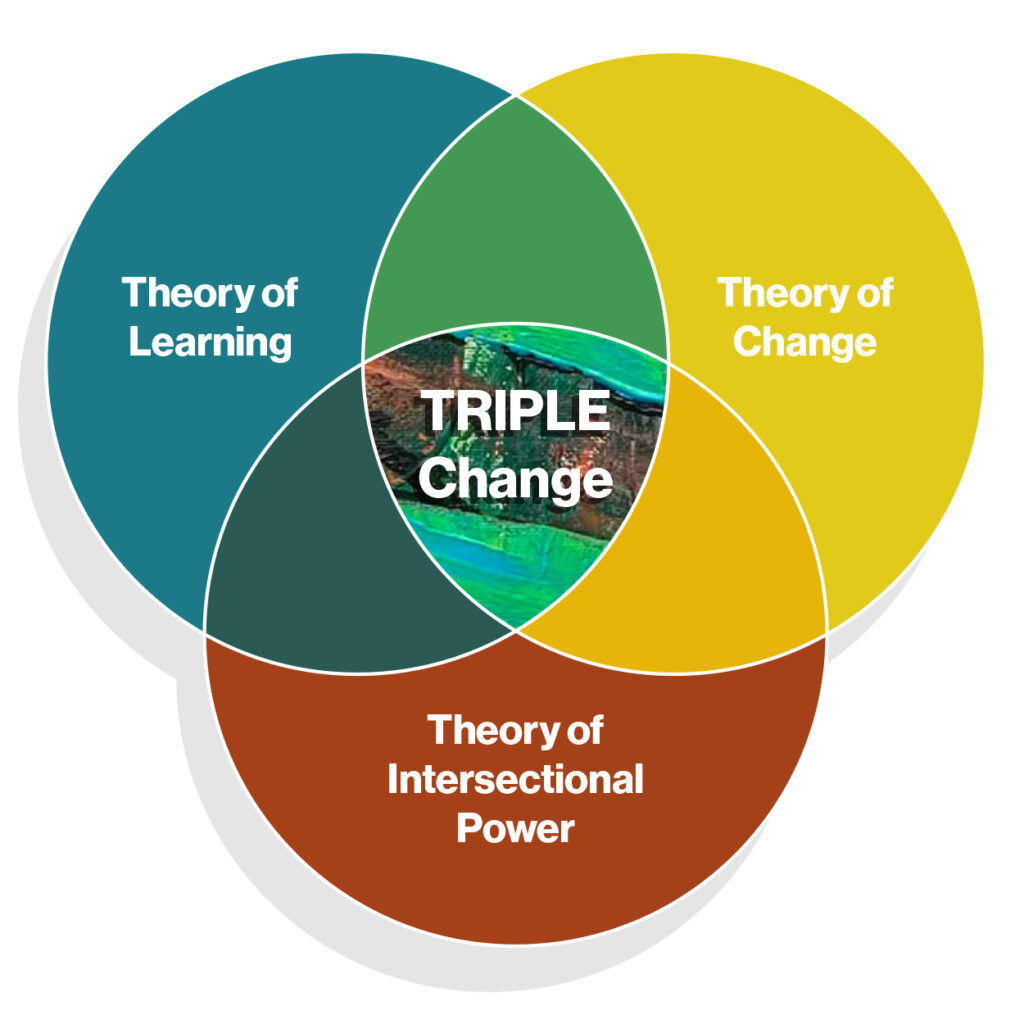
The TRIPLE Change, or Theories and Research on Intersectional Power, Learning and Evolutionary Change, framework, was developed for a past research project by Arizona State University Associate Professor Nadia Kellam and University of New Mexico Research Assistant Professor Susannah Davis and Associate Professor Vanessa Svihla. In an effort to make STEM education more accessible, they plan to integrate this framework in workshops attended by changemakers across the country.
Power and privilege dynamics
Drawing from previous research, Kellam, Svihla and Davis developed the TRIPLE Change, or Theories and Research on Intersectional Power, Learning and Evolutionary Change framework. It demonstrates the importance of considering theories of change alongside theories of learning and intersectional power when engaging in institutional or departmental change projects — a critical component that will be integrated into the Community of Transformation groundwork.
Guided by this framework, participants will be challenged to reflect on their own change efforts and also imagine possible futures of higher education through speculative story crafting at virtual and in-person events.
Kindle Radical Hope
To launch this project, Kellam, Davis, Svihla and Ferris are recruiting members of higher education to join their Community of Transformation. They are recruiting faculty who have been on institutional change teams such as the National Science Foundation’s Revolutionizing Engineering Departments program, the Organizational Change for Gender Equity in STEM Academic Professions program or the Improving Undergraduate STEM Education program.
The first in-person, annual retreat will take place October 9 to 10 in Chandler, Arizona, and Kellam is encouraging higher education faculty, administrators, staff and students to get involved.
In addition to annual retreats, Community of Transformation participants will soon have the opportunity to gather bi-weekly for book clubs, workshops and other activities.
Kellam says, “We are extending an invitation to those who are frustrated with their previous experiences on change teams and excited to try something new, learn and become inspired by others who are engaged in equity-focused change projects.”
She adds that she’s “excited to see who joins in and wants to be a part of this. We are laying the groundwork and seeing what emerges. Something magical is going to come of it.”



